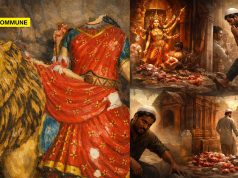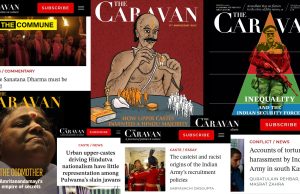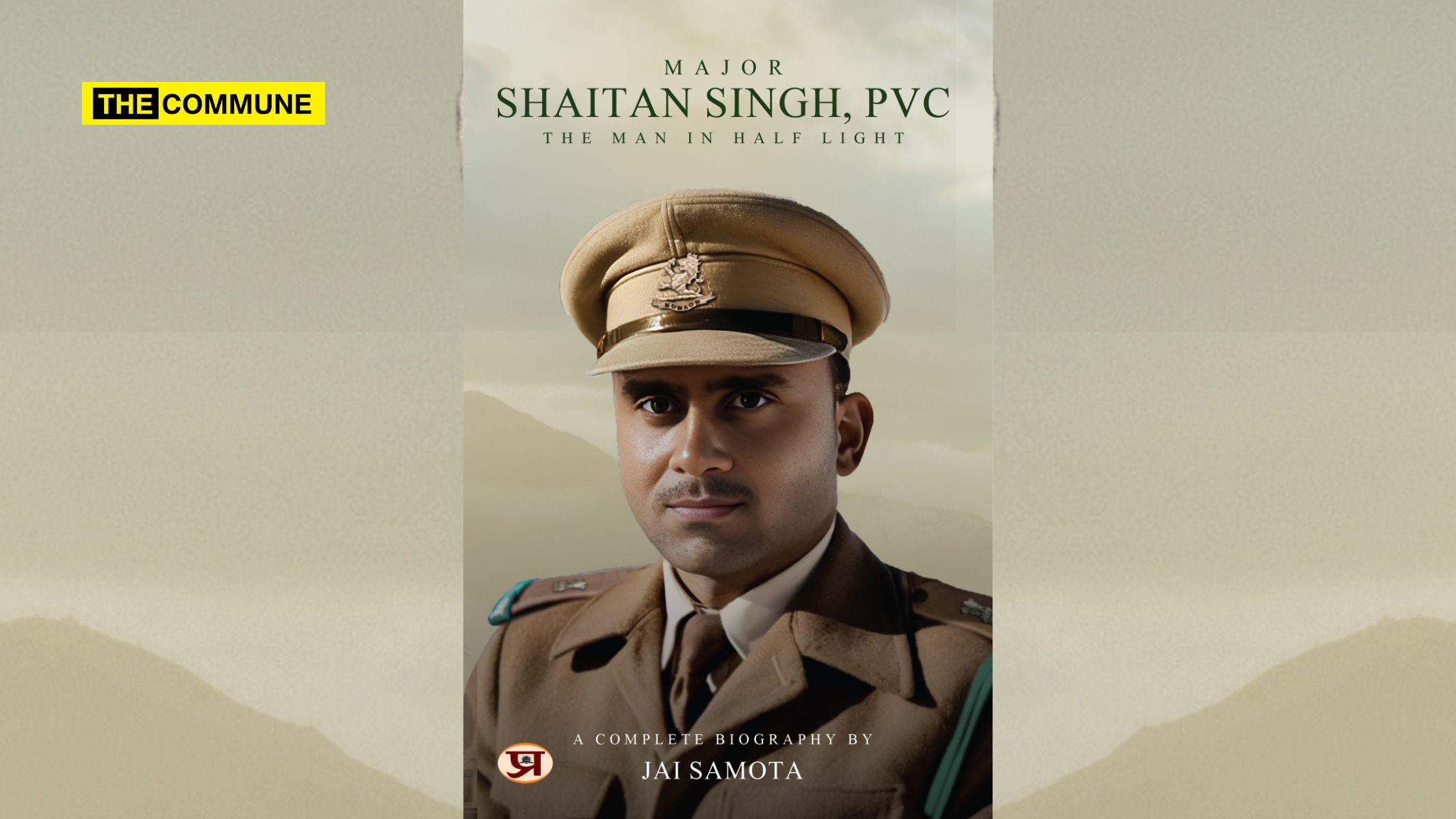
In the tranquil town of Barisadri, Jai Samota, a budding author, pens the mesmerising tale of Major Shaitan Singh, PVC, in his only complete biography. This work transcends mere history, encapsulating the essence of a hero’s life marked by unyielding courage and selfless sacrifice. Samota’s artistry doesn’t just chronicle battlefield exploits but delves into the layers of Major Shaitan Singh’s character—a naughty child, a devoted family man, and an icon who rose above the tumult of war with grace. Samota crafts a harmonious revelation with unwavering dedication, inviting readers to explore love, camaraderie, and the enduring impact of one remarkable life.
The Commune delved into the world of this giant, ably guided by the eloquent wordsmith, unravelling the intricacies of the journey of discovery. Read on …
The Commune: Can you tell us about yourself and your background?
Jai Samota (JS): I reside in Barisadri, a town in Rajasthan’s Chittorgarh district. My upbringing was peaceful, and I attended school in the same place through the tenth grade. I relocated to Bhilwara in 2015 for my senior school education, attending Sangam School of Excellence. The academic setting indirectly sparked my creativity, which allowed me to explore more of myself. To complete my graduation and post-graduation, I relocated to Udaipur in 2017. In my college years, I worked on two books: the one we are currently talking about and the other is a biographical and poetic book on twenty-one Paramvir Chakra awardees. A poem I wrote named Paramvir, which everyone appreciated, marked the beginning of my writing career. I discovered the story of Major Shaitan Singh, PVC, during my poetry writing, and after I lost a college competition where I had told his story, I began searching for more information about him.
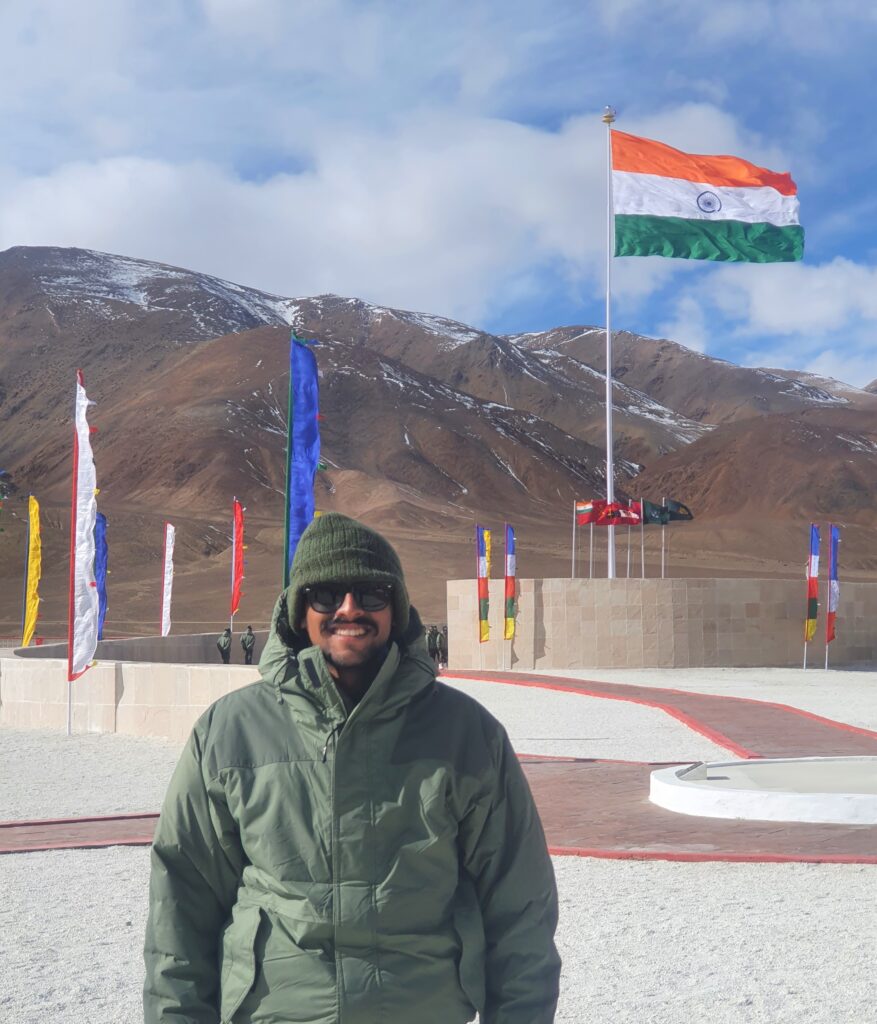
The Commune: You’re a relatively young author, and taking on the biography of Major Shaitan Singh is quite an ambitious project. Your bio reads, “I found Major Shaitan Singh”. How did you come across Major Shaitan Singh’s story, and what motivated you to delve into his life and military career?
JS: As a budding writer and biographer, I faced a variety of challenges. Individuals frequently inquired about my age, assuming I was merely passing the time, and some weren’t interested in entertaining me. People were reluctant to tell their stories. Some even questioned my choice of such a “dated” subject. Locating the individuals and their contacts connected to Major Shaitan Singh was one of the most challenging tasks. A few weeks ago, my bio said “Finding Major Shaitan Singh, PVC,” but I altered it to “I found Major Shaitan Singh, PVC” when I unveiled the cover of my book because it is the first-ever biography of Major Shaitan Singh, PVC as nobody has written or researched this much on the life of the legend.
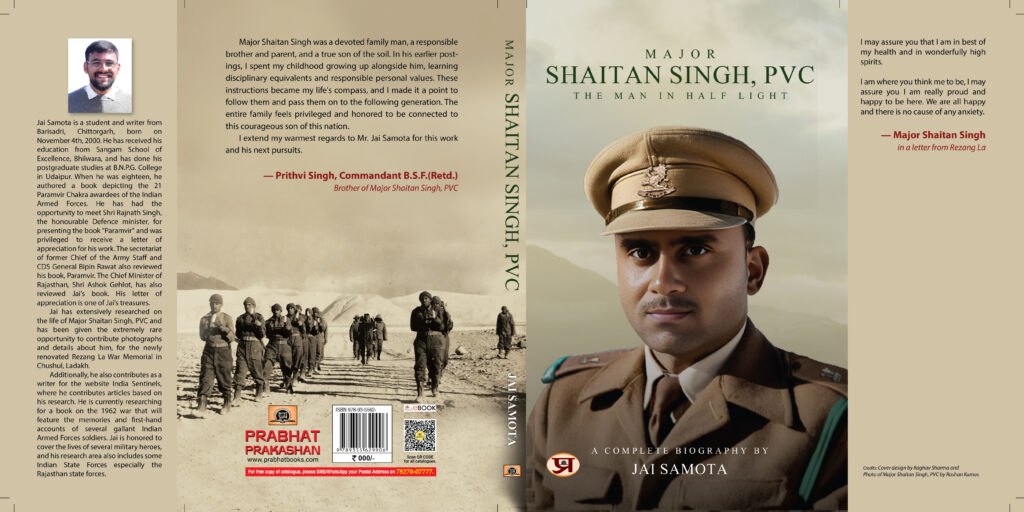
The Commune: What kind of research did you undertake for the biography, and how did you approach gathering information about Major Shaitan Singh?
JS: I primarily relied on field research as a researcher. To find out the stories, I made an effort to visit everyone and everywhere, spending a lot of time poring over old records. I went widely and toured eight states while conducting my research. I have created the story based on my familiarity with the area, having visited Rezang La, Chushul, Ladakh.

The Commune: Can you share any challenges you faced while writing the biography and how you overcame them?
JS: There were moments when I could not connect between various chapters and stories because there were large gaps, and only parts of the stories were presented. I’ve always had a persistent mindset. Thus, I never stopped looking for persons and documents. Given how old the subject is, it wasn’t easy to locate accurate accounts and data.
The Commune: Were there any surprising discoveries or aspects of Major Shaitan Singh’s life that you found particularly intriguing during your research? Beyond the strategic elements, do you delve into the human side of Major Shaitan Singh’s character in the book?
JS: The most unexpected finding I made during my research was about Major Shaitan Singh, PVC’s personality. He was just the antithesis of how he seemed to me at first. As an aside, he had a different name when he was younger; my book tells the story of the incident. He was once a mischievous child but completely changed after being given the name Shaitan! Another thing was he never wanted to join the military, and later on, he became one of the biggest icons of the Indian Military.

The Commune: What, in your opinion, were the defining qualities of Major Shaitan Singh as a military leader and as an individual? Are there any specific anecdotes or incidents from Major Shaitan Singh’s life that you believe truly showcase his character and dedication to duty?
JS: As a person, Major Shaitan Singh was incredibly composed, kind, and down to earth. Like his own family, he cherished his soldiers. He cared about everyone. He was also an amazing family man. During my interviews with his former subordinates, I discovered that he never once raised his voice or flaunted his rank by mentioning that he was a Captain or Major. During training or field operations, he consistently gave them gentle treatment. It demonstrates his compassionate nature, which inspired his soldiers to believe in him and put up such a valiant fight.
The Commune: How has Major Shaitan Singh’s story resonated with readers and the public, and what kind of impact do you hope the biography will have?
JS: Readers will discover the identity of the man who led the battle of Rezang La with the aid of this biography. I’ve tried to consider his life as well rather than just the battle. One will encounter all of Major’s characteristics and experiences while reading, and they will discover how a composed individual can do the seemingly impossible.
The Commune: As the author, what aspects of Major Shaitan Singh’s life left a lasting impression on you, and how did writing this biography affect you personally?
JS: The life of Major Shaitan Singh, PVC, has profoundly influenced me as the author of this biography. I researched for this book for four years. I travelled a great deal and met many individuals. A few of the elderly persons I spoke with for this research had passed away before the book was published; these were particularly heartbreaking to me. Emotional ties to the character and book have become stronger over time. The life story was never fully explored, and as a youngster, I encountered a completely different generation that was present for the most significant events in contemporary India. It advances both my personal development and my knowledge of military history. More precisely, this research fundamentally altered who I am as a person.
The Commune: If there’s one key takeaway or lesson from Major Shaitan Singh’s life that you think would particularly resonate with your readers, what would it be, and how do you hope it will impact young readers?
JS: I’ll end by quoting Shakespeare to share one takeaway from Major Shaitan Singh’s life: Love All, Trust Some, Hate None. It so happened that he had written the identical phrase on one of his old pictures. Young readers of this biography should emphasise the need to keep moving since life is unpredictable.
The Commune: Beyond the military context, how does Major Shaitan Singh’s life offer insights for young people grappling with questions of courage, sacrifice, and duty in today’s society?
JS: Living Major’s life takes more than bravery and selflessness. It’s also about camaraderie, learning, and cooperation. For young readers, there is one thing in particular that they should learn: every life experience and lesson is valuable. They will assist you at some time in your life.
Images in this interview article were provided by Jai Samota. The book is available for purchase on Amazon.
Subscribe to our channels on Telegram, WhatsApp, and Instagram and get the best stories of the day delivered to you personally.



